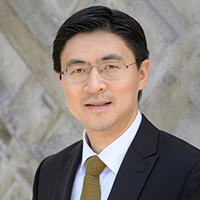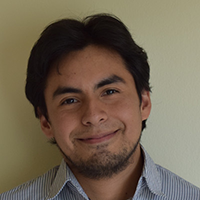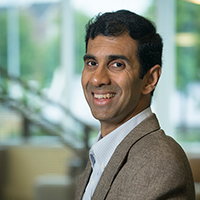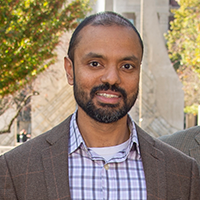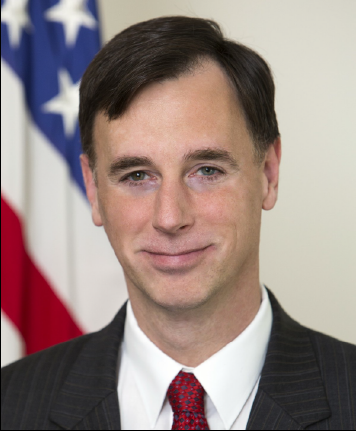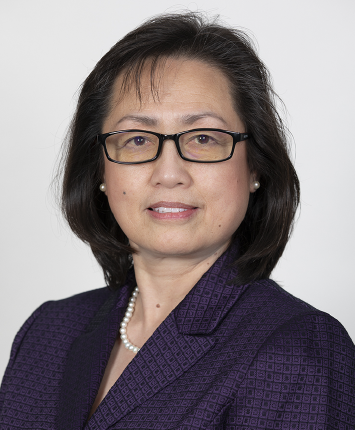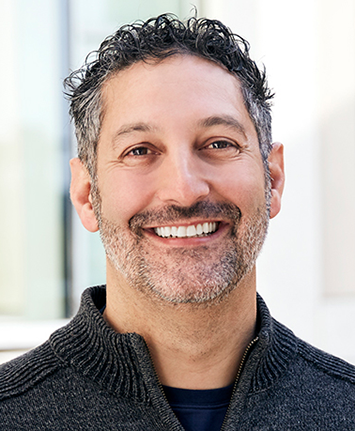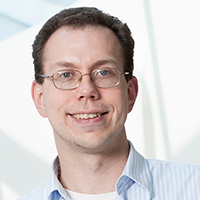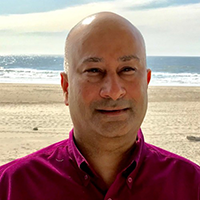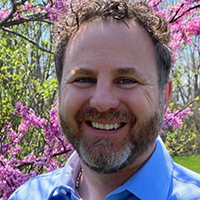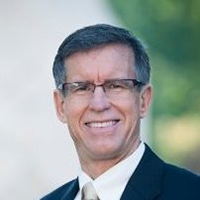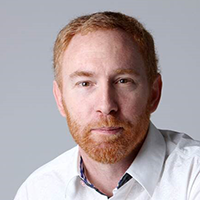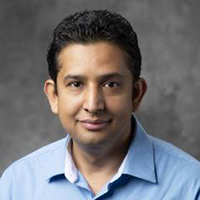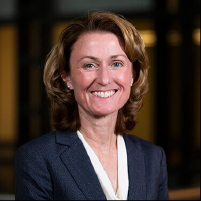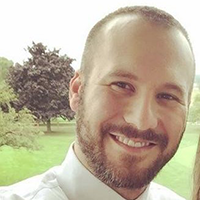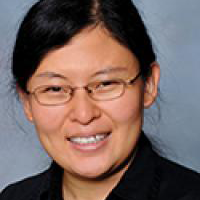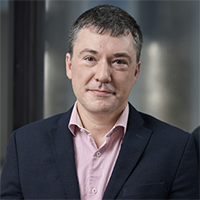Wen Masters is vice president for cyber technologies. In this role, she drives MITRE’s corporate cybersecurity strategy. She oversees MITRE’s innovation centers in cybersecurity, leading a team of more than 600 professionals solving the country’s toughest cyber challenges. Together, we are working to secure the nation’s critical cyber infrastructure and protect American intellectual property from cyber theft by foreign adversaries.
Masters partners with MITRE’s federally funded research and development centers (FFRDCs), including the National Cybersecurity FFRDC, extending our impact through industry using platforms such as the MITRE ATT&CK® framework and threat intelligence–sharing standards such as STIX™ and TAXII™. She also collaborates with the MITRE Accelerator and MITRE Engenuity, a foundation for public good, to drive success of industry-facing cyber initiatives, such as the Center for Threat Informed Defense.
Before joining MITRE in 2021, Masters was deputy director of research at Georgia Tech Research Institute (GTRI), and co-lead of the Commission on Research Next, developing a roadmap and comprehensive strategy for Georgia Tech’s research enterprise. She served as director of the Information and Cyber Sciences Directorate at GTRI, and as a principal research scientist at the Georgia Institute of Technology, also known as Georgia Tech.
Masters spent more than a decade in the Senior Executive Service at the Office of Naval Research. There, she led the Navy’s Integrated Science and Technology portfolio in Command, Control, Communications, Computers, Intelligence, Surveillance and Reconnaissance. The Navy awarded Masters its Distinguished Civilian Service Medal, Superior Civilian Service Medal, and Meritorious Civilian Service Medal. She also served on the Army Science Board and the National Academy of Sciences Naval Studies Board.
Prior to her civilian government service, Masters worked at the Jet Propulsion Laboratory in Pasadena, where she was responsible for orbit determination for NASA’s deep space exploration missions, including Magellan, Galileo, and Cassini.
Master’s was a member of the Society of Industrial and Applied Mathematics, where she served as vice chair for the SIAM Imaging Science Activity Group and the Association for Women in Mathematics. She has published several articles in technical journals and conference proceedings, and edited a book, Mathematical Modeling in Optical Science.
Masters holds bachelor’s, master’s, and doctoral degrees in mathematics from the University of California, Irvine.
